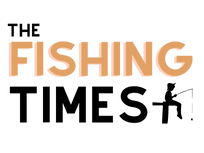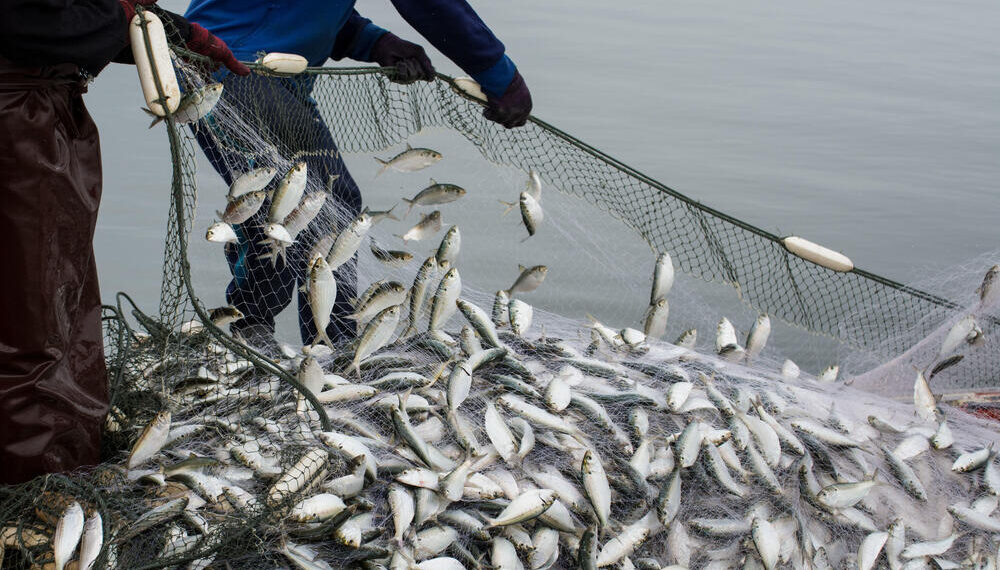Fishing is a popular pastime for many people, whether it’s for sport, relaxation, or just spending time in nature. But catching fish is not always easy, and even the most experienced anglers can struggle at times. With the new year, it’s time to up your fishing game and catch more fish than ever before. In this article, we’ll provide you with tips and tricks from expert anglers on how to catch more fish in 2023.
How to Catch More Fish in 2023
Choose the Right Gear
The first step to catching more fish is to make sure you have the right gear for the job. This means selecting the appropriate fishing rod, reel, line, and bait for the type of fish you’re targeting. For example, if you’re going after bass, you’ll want a medium-heavy rod with a fast action, a reel with a high gear ratio, and a line with a test weight of at least 10 pounds. Additionally, you should choose a bait that matches the fish’s natural prey, such as worms, minnows, or crankbaits.

Learn to Read the Water
Knowing where fish are likely to be located is crucial to your success as an angler. Look for areas where fish are likely to congregate, such as near structures like rocks, logs, or weed beds. Additionally, pay attention to the water’s temperature and depth, as well as the time of day and the weather conditions, as these factors can affect the fish’s behaviour and feeding patterns.
Practice Your Casting Technique
Casting is one of the most critical skills for any angler, and practicing your technique can significantly increase your chances of catching fish. Start by mastering the basic casting techniques, such as the overhead cast, sidearm cast, and roll cast. Then, practice your accuracy by casting to specific targets, such as logs, rocks, or weed beds. Additionally, try different types of casts, such as flipping, pitching, or skipping, to see what works best for the type of fishing you’re doing.
Use the Right Bait
The type of bait you use can make all the difference in your success as an angler. Different types of fish prefer different types of bait, so it’s essential to select the right one for the species you’re targeting. Live bait, such as worms, minnows, or crickets, is often the best choice, as it mimics the fish’s natural prey. However, artificial lures, such as jigs, spinners, or crankbaits, can also be effective, especially when fishing for predatory species like bass or pike.
Practice Patience
Fishing requires patience, and it’s essential to be willing to wait for the fish to bite. You may need to cast your line several times before getting a bite, or you may need to wait for hours before the fish start feeding. Be prepared to wait, and use the time to relax and enjoy the scenery. Additionally, be willing to try different techniques and baits if you’re not getting any bites, as this can often make all the difference.
Pay Attention to Your Surroundings
As an angler, it’s crucial to pay attention to your surroundings and the environment you’re fishing in. This means being aware of any potential hazards, such as rocks or logs in the water, as well as any changes in the weather or water conditions. Additionally, be respectful of the natural environment and leave the area as you found it, taking care not to litter or damage any vegetation.
Keep Your Hooks Sharp
Sharp hooks are essential for catching fish, as they are more likely to penetrate the fish’s mouth and hold onto it. Be sure to check your hooks regularly and sharpen them as needed. Additionally, replace any hooks that are damaged or rusty, as these can reduce your chances of catching fish.
Vary Your Retrieval Speed
Varying your retrieval speed can often make all the difference when it comes to catching fish. Some fish, like bass, prefer a fast-moving bait, while others, like trout, prefer a slower, more subtle approach. Experiment with different retrieval speeds, and pay attention to how the fish respond. If you’re not getting any bites, try slowing down or speeding up your retrieve to see what works best.

Keep Your Line Tight
Keeping your line tight is essential for feeling the fish when it bites and setting the hook properly. Be sure to keep your line taut, and be prepared to set the hook quickly when you feel a bite. Additionally, avoid slack in your line, as this can reduce your sensitivity and make it harder to detect bites.
Stay Informed
Finally, staying informed is essential for any angler looking to catch more fish. This means staying up to date on the latest fishing techniques and trends, as well as any changes in regulations or restrictions in the area you’re fishing. Joining a local fishing club or online community can be an excellent way to stay informed and connect with other anglers in your area.
Additionally, it’s important to remember that fishing is not just about catching fish. It’s also about enjoying the experience, being in nature, and connecting with the environment. Even if you don’t catch any fish, you can still have a great time and appreciate the beauty of the natural world.
When planning your fishing trip, be sure to research the area you’ll be fishing in and familiarize yourself with the local regulations and restrictions. This can include things like catch limits, fishing seasons, and gear restrictions. It’s also a good idea to check the weather forecast before heading out, as extreme weather conditions can make fishing challenging or even dangerous.
Finally, don’t be afraid to ask for help or advice from more experienced anglers. Fishing is a community, and most anglers are happy to share their knowledge and expertise with others. Whether you’re a beginner or an experienced angler, there’s always something new to learn.
In summary, catching more fish in 2023 requires a combination of knowledge, skill, and patience. By choosing the right gear, learning to read the water, practicing your casting technique, using the right bait, being patient, paying attention to your surroundings, keeping your hooks sharp, varying your retrieval speed, keeping your line tight, and staying informed, you can significantly increase your chances of catching more fish this year. But remember, fishing is not just about catching fish. It’s also about enjoying the experience, connecting with nature, and appreciating the beauty of the world around us. So get out there and start fishing!












